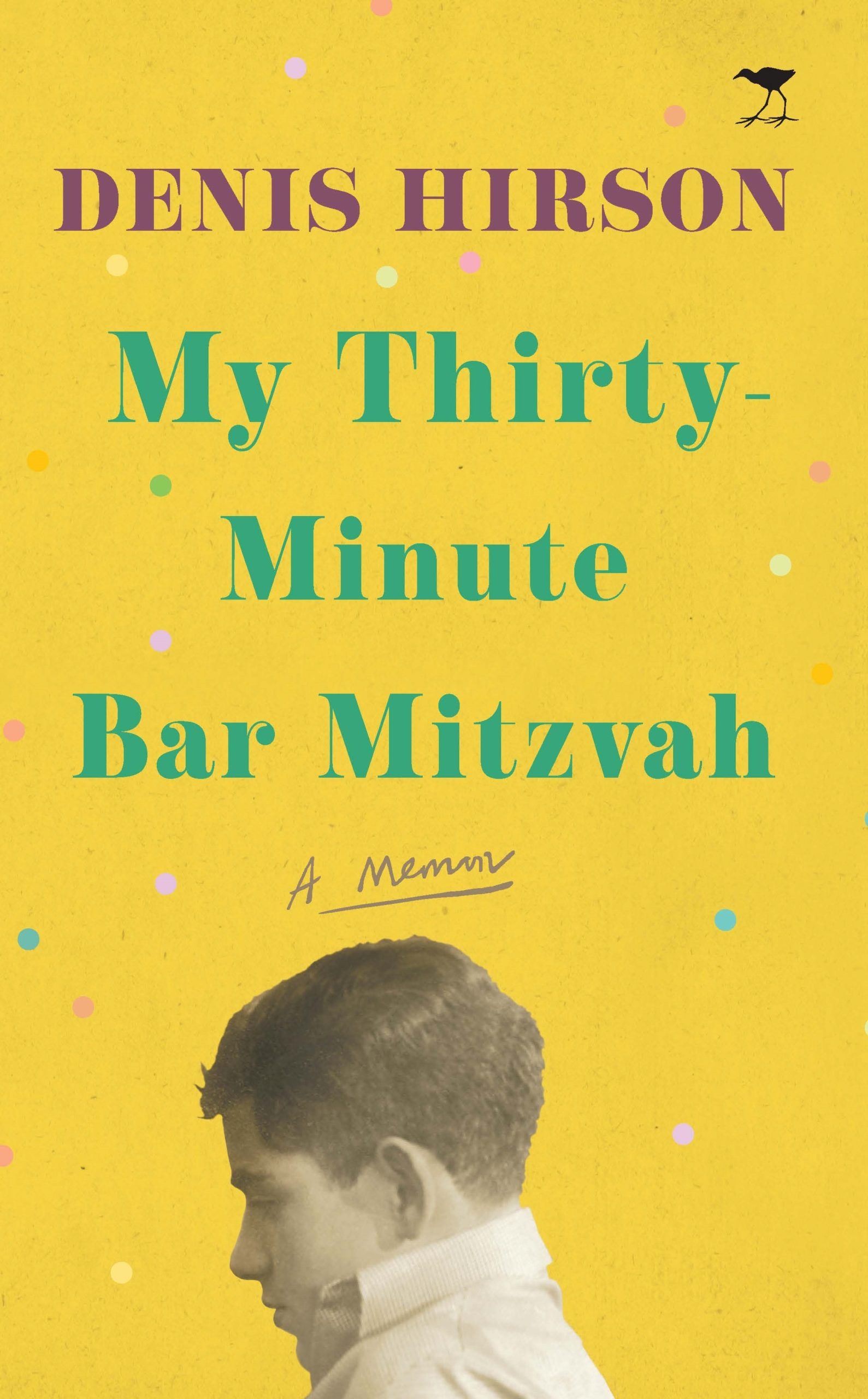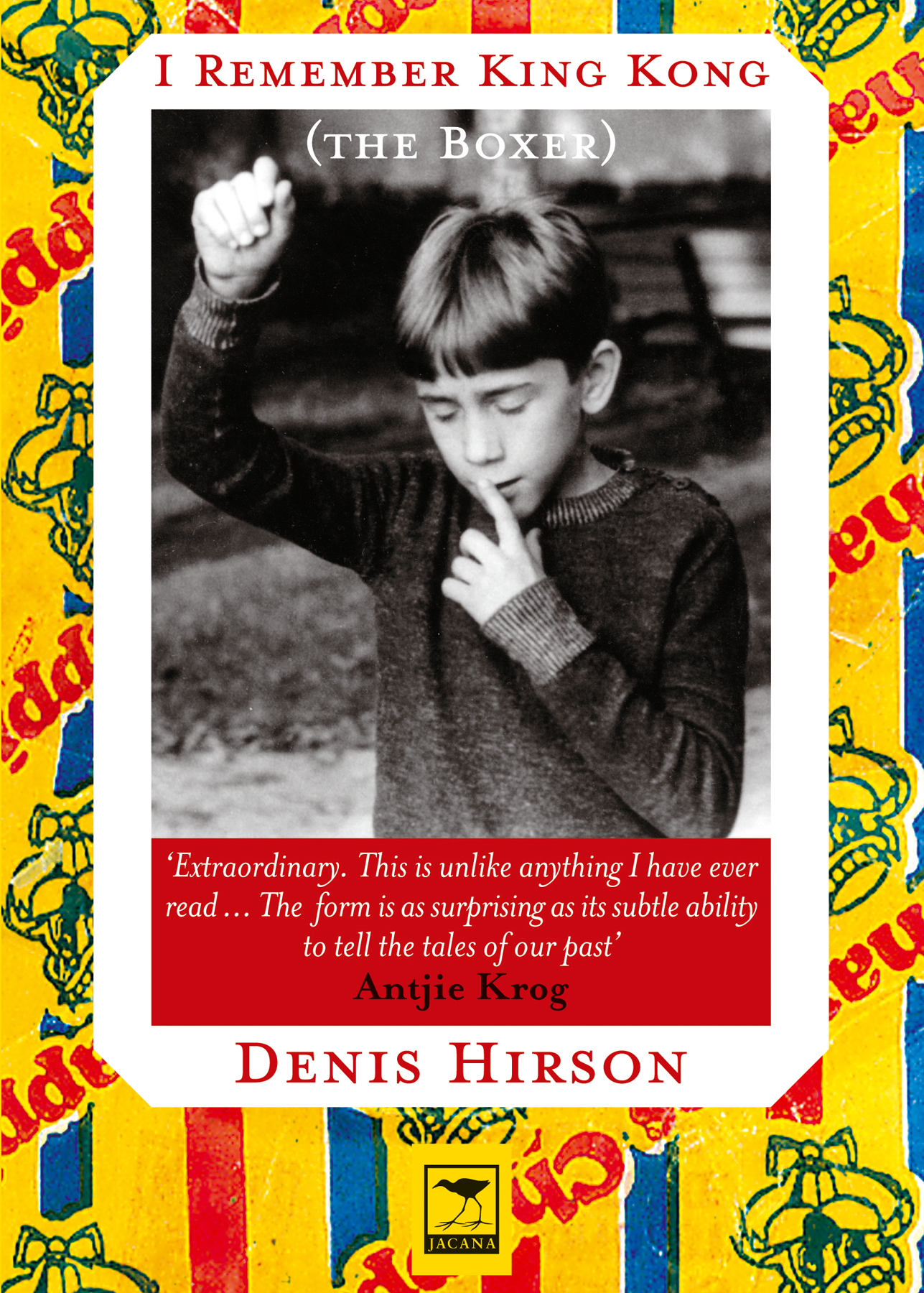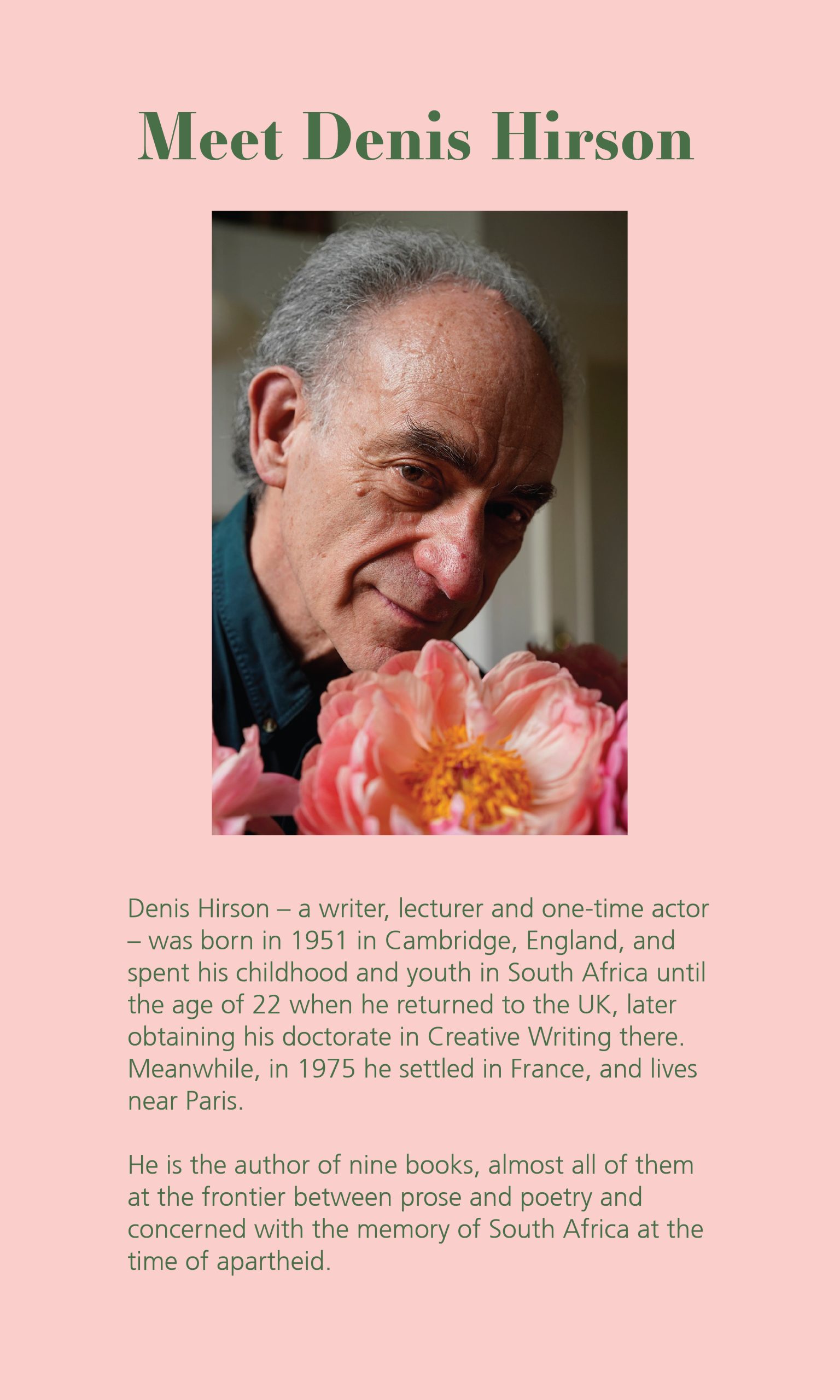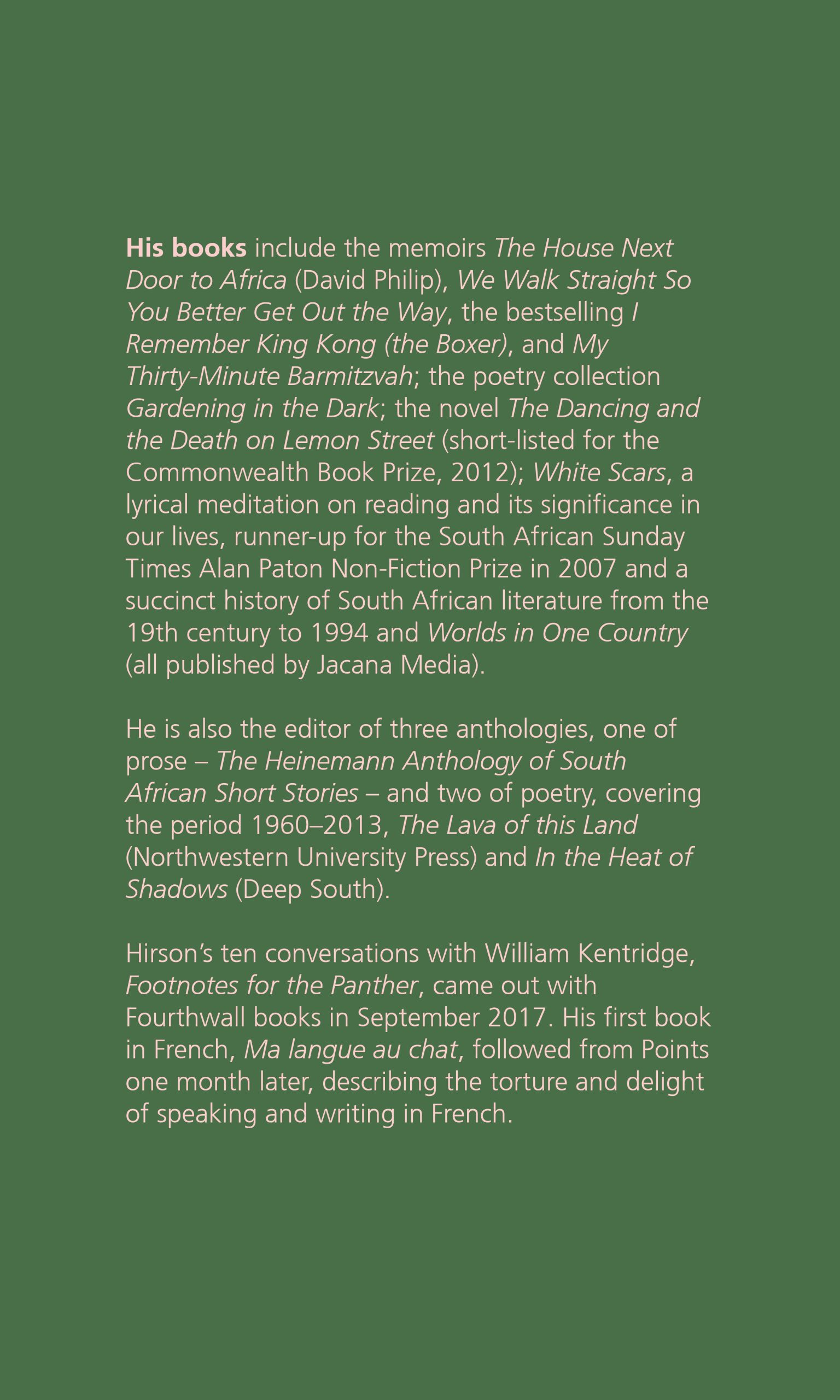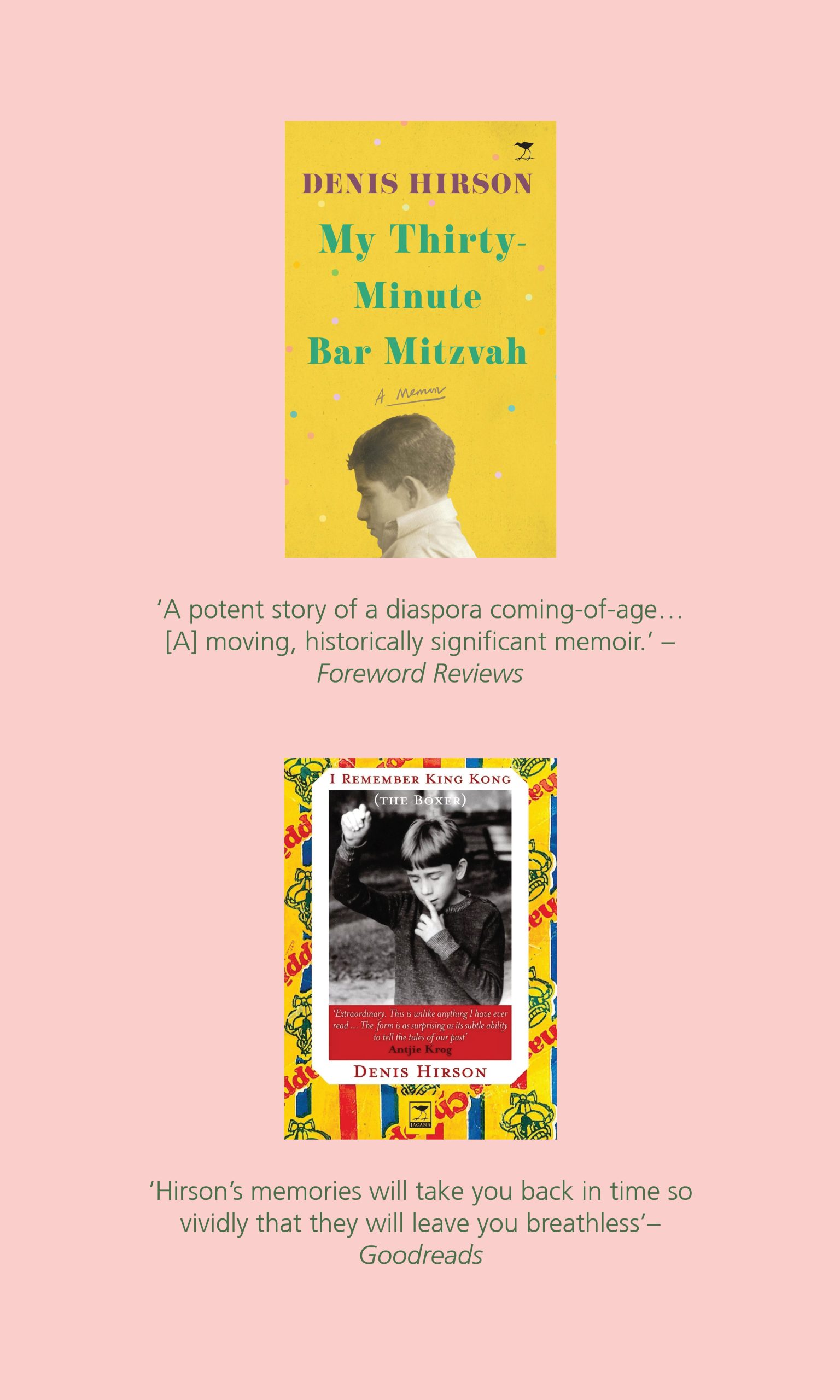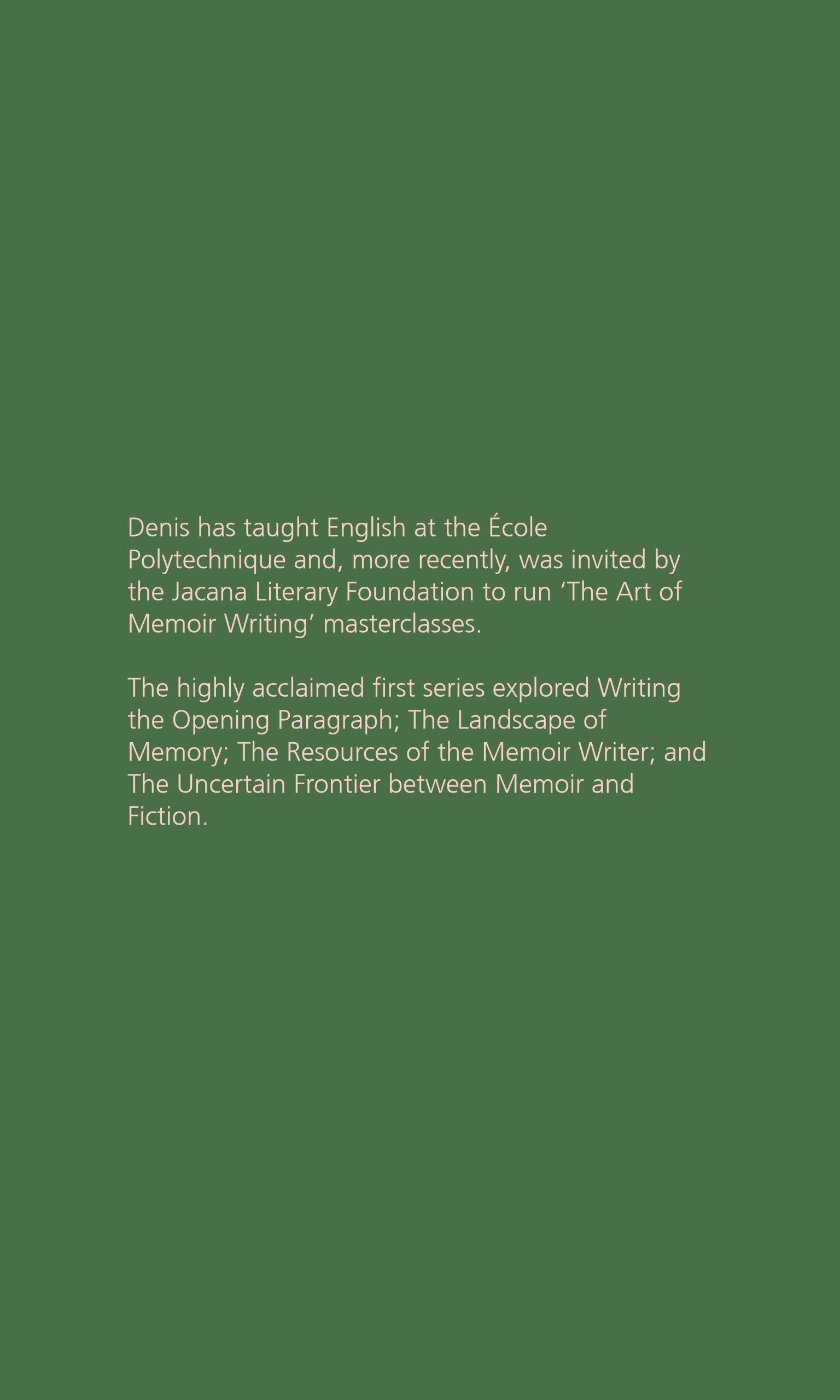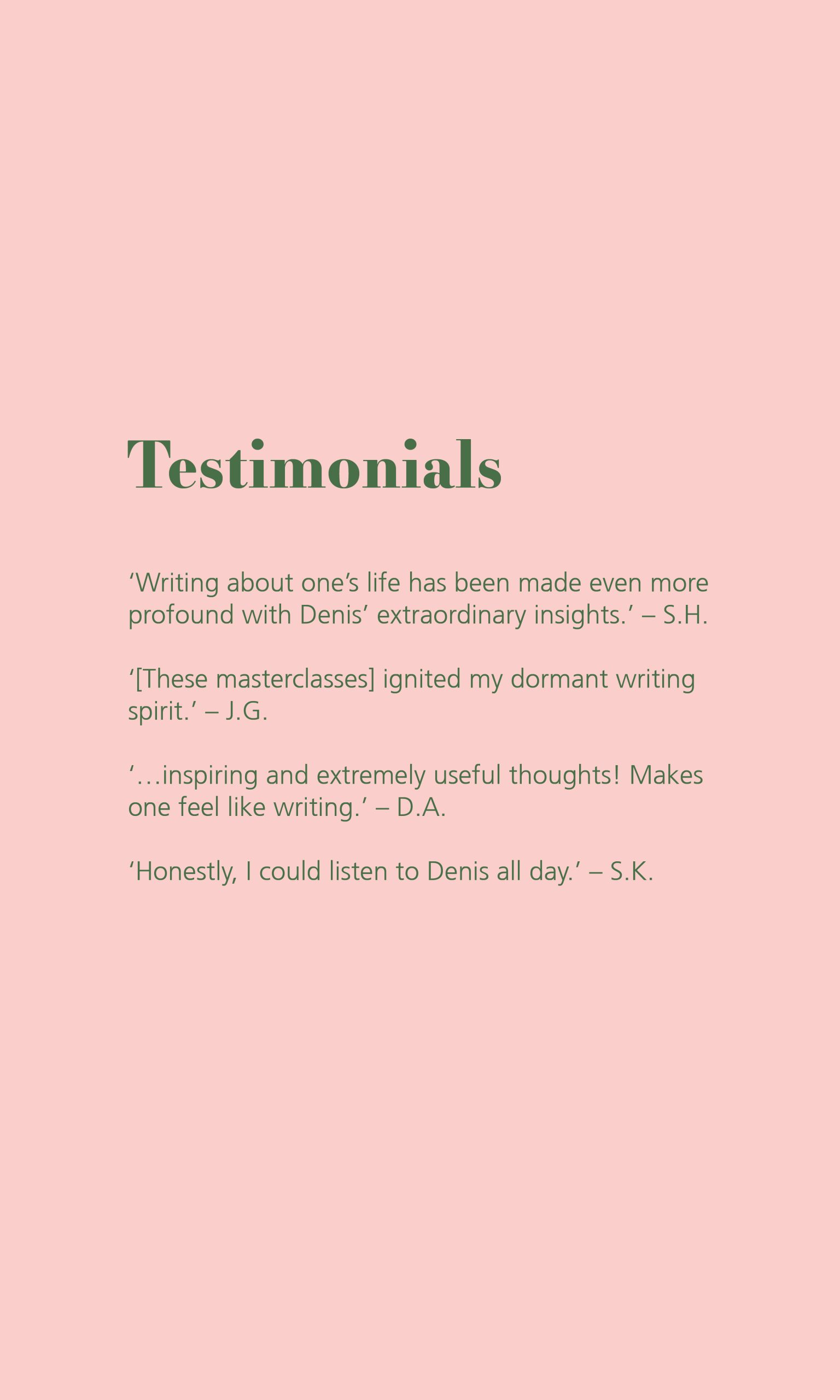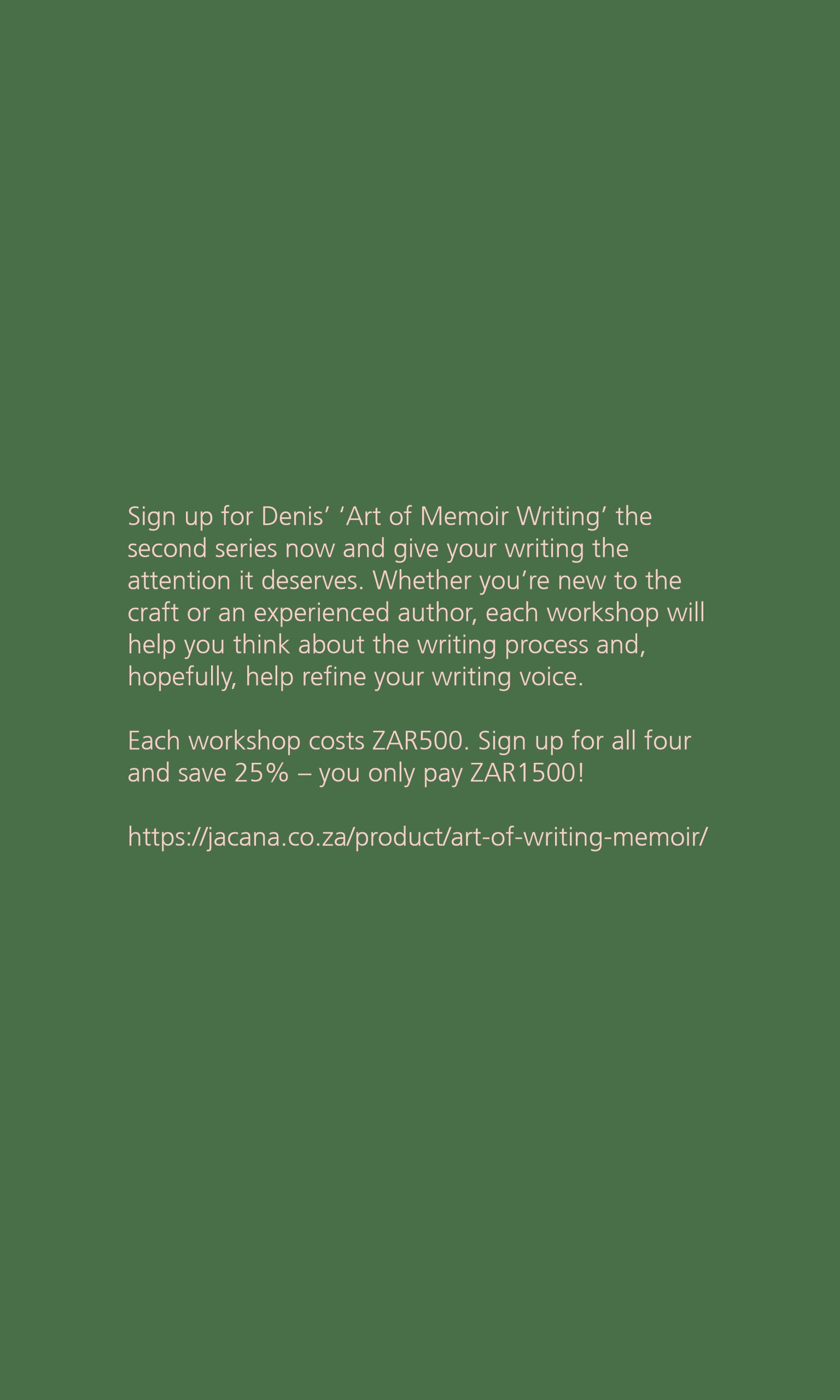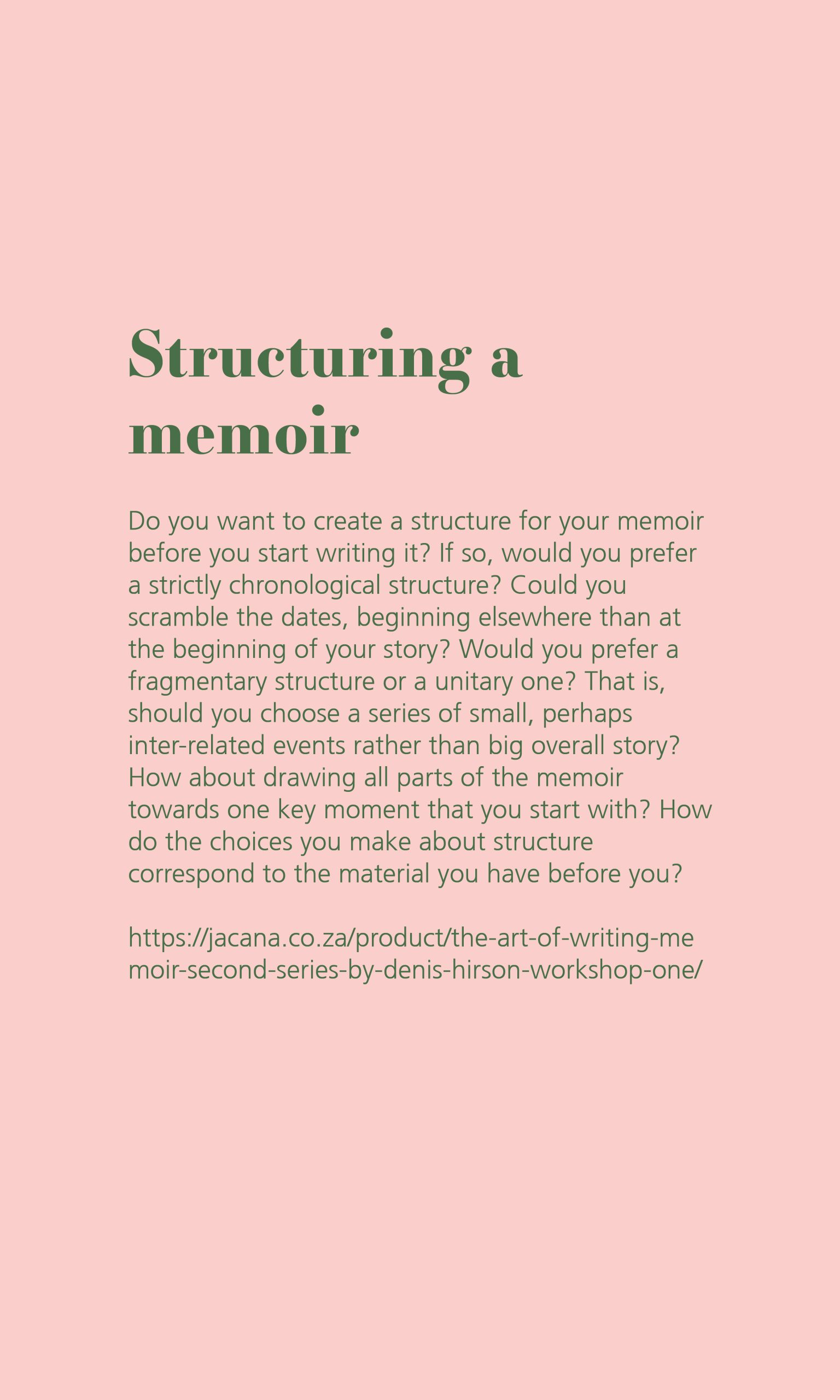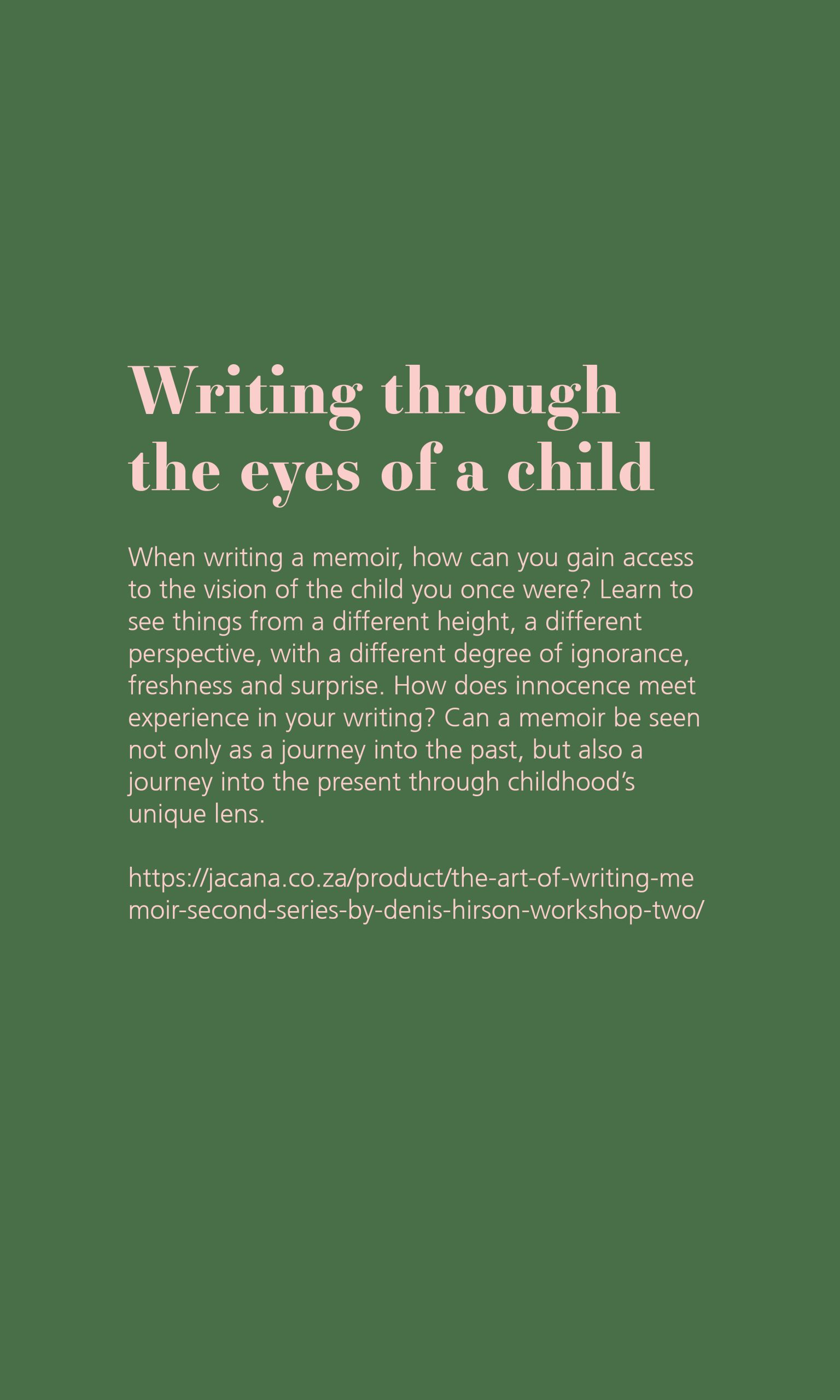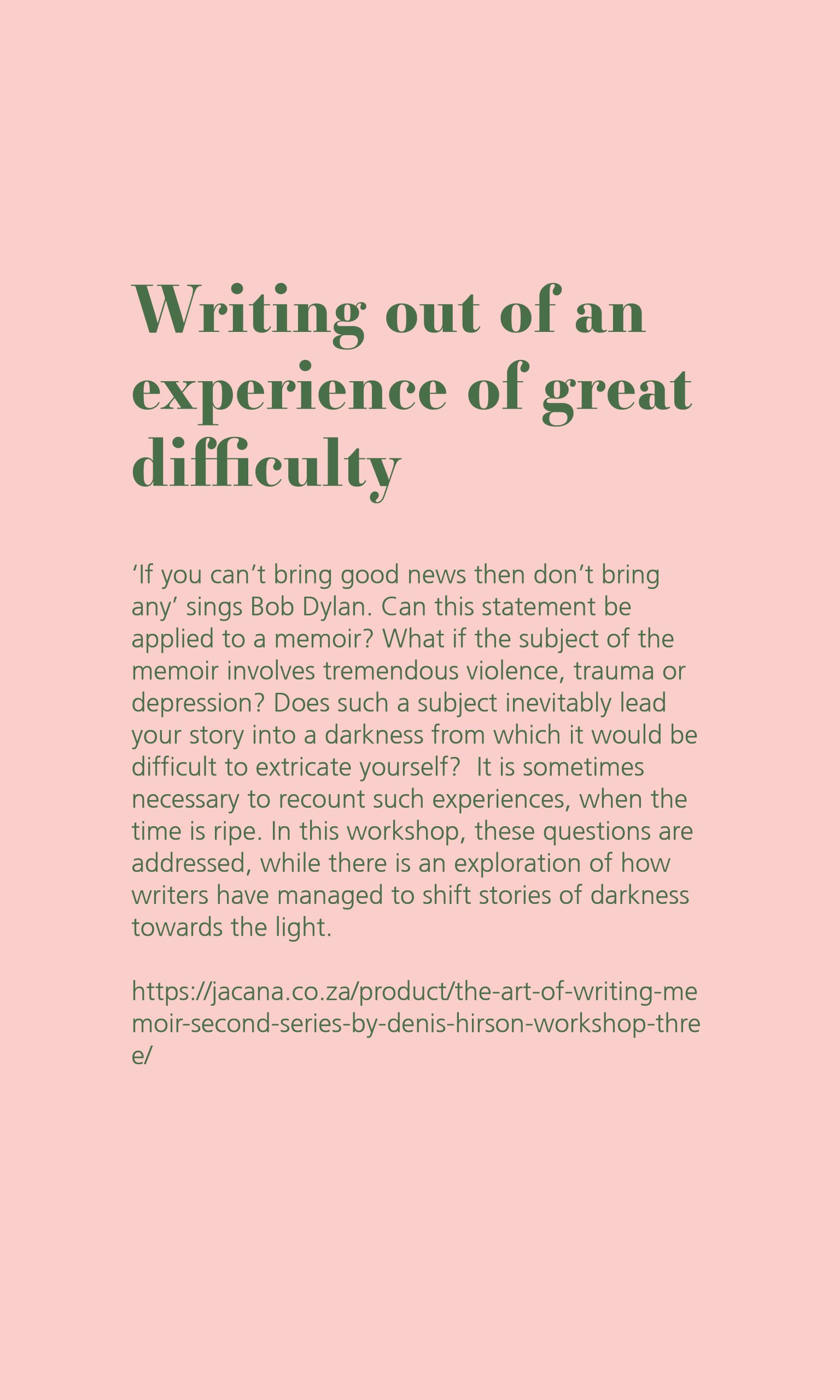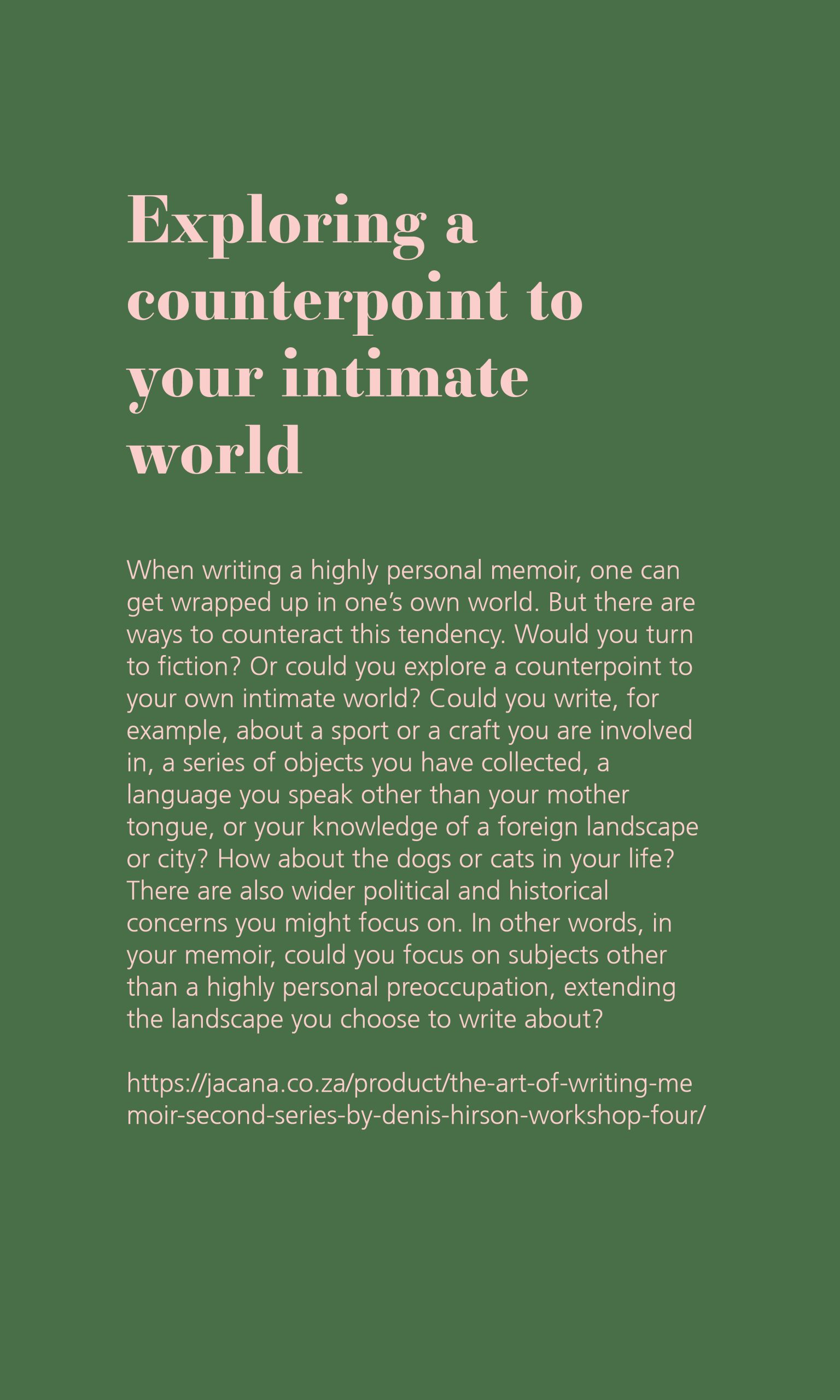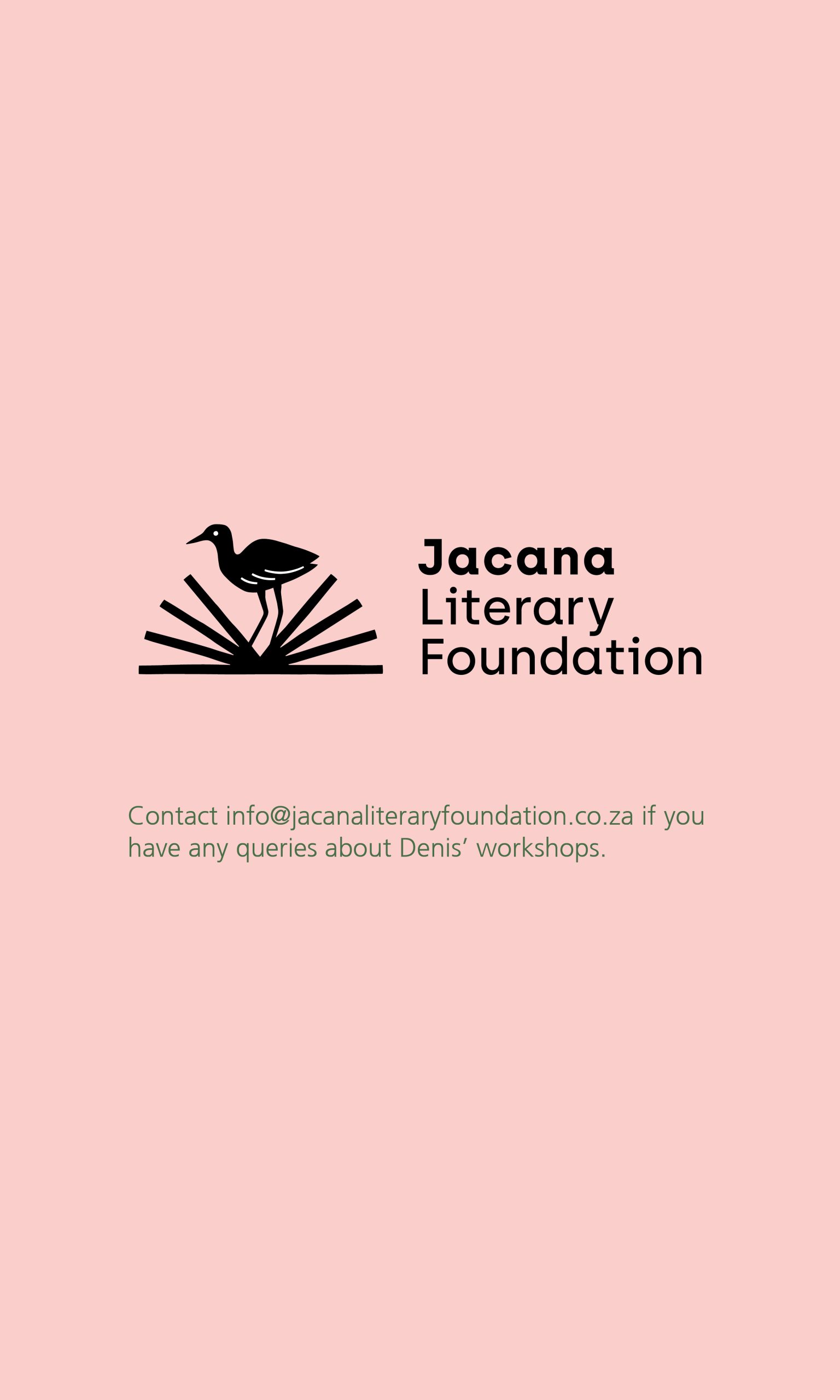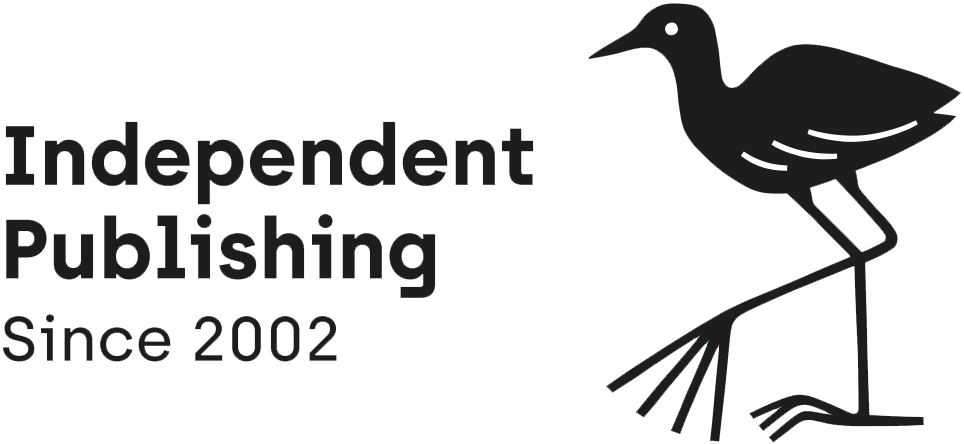Meet Denis Hirson
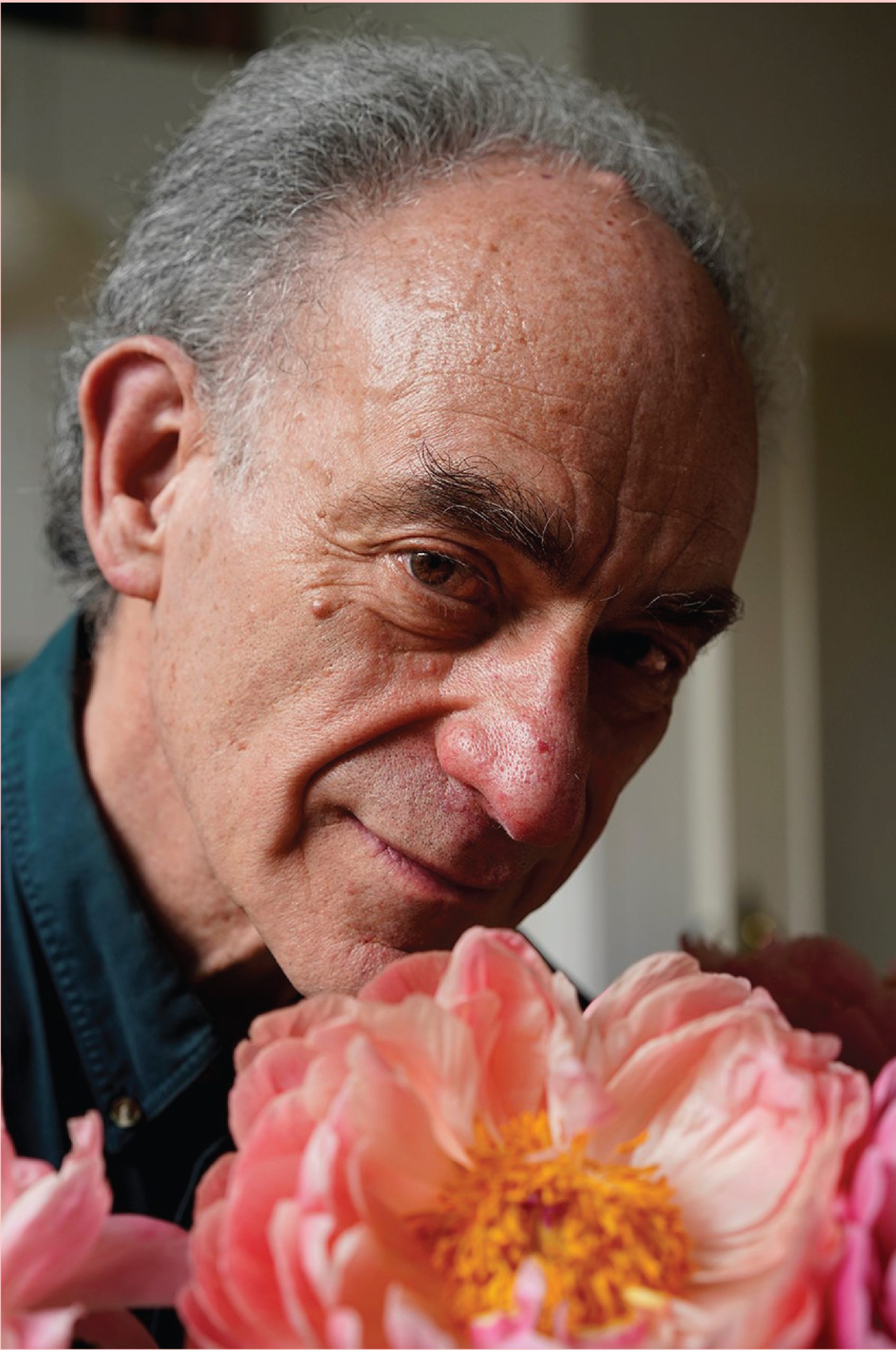
Meet Denis Hirson
Denis Hirson – a writer, lecturer and one time actor – was born in 1951 in Cambridge, England, and spent his childhood and youth in South Africa until the age of 22 when he returned to the UK, later obtaining his doctorate in Creative Writing there. Meanwhile, In 1975 he settled in France, where he lives near Paris.
He is the author of nine books, almost all of them at the frontier between prose and poetry and concerned with the memory of South Africa at the time of apartheid.
